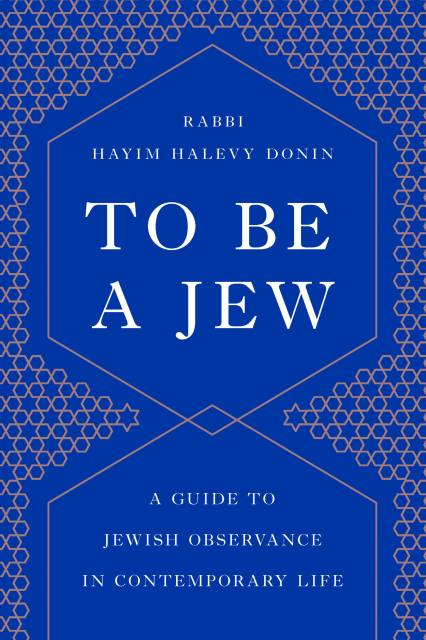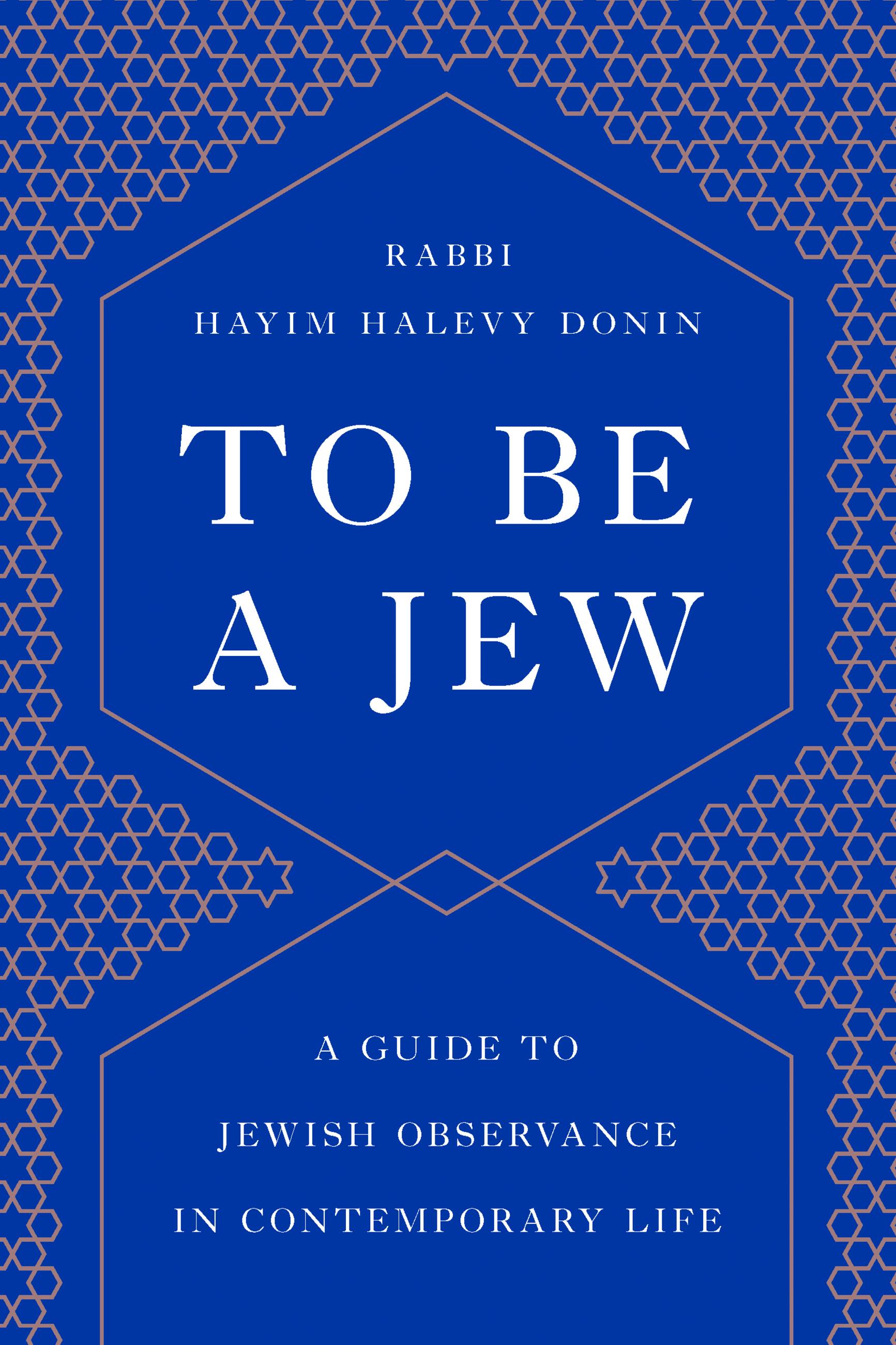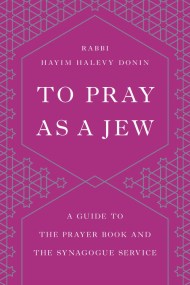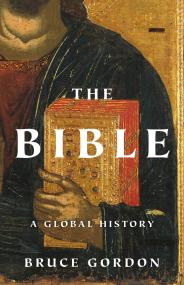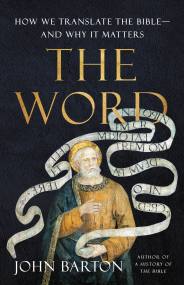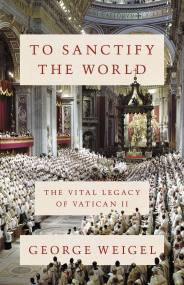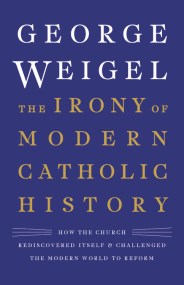By clicking “Accept,” you agree to the use of cookies and similar technologies on your device as set forth in our Cookie Policy and our Privacy Policy. Please note that certain cookies are essential for this website to function properly and do not require user consent to be deployed.
To Be a Jew
A Guide to Jewish Observance in Contemporary Life
Contributors
Formats and Prices
- On Sale
- Aug 13, 2019
- Page Count
- 464 pages
- Publisher
- Basic Books
- ISBN-13
- 9781541618145
Price
$13.99Price
$17.99 CADFormat
Format:
- ebook $13.99 $17.99 CAD
- Audiobook Download (Unabridged) $31.99
- Trade Paperback $19.99 $24.99 CAD
This item is a preorder. Your payment method will be charged immediately, and the product is expected to ship on or around August 13, 2019. This date is subject to change due to shipping delays beyond our control.
Buy from Other Retailers:
The inimitable, classic guide to the ageless heritage of Judaism, from Rabbi Hayim H. Donin, an incomparable teacher and interpreter of Jewish laws and practice.
Embraced over many decades by hundreds of thousands of readers, To Be a Jew offers a clear and comprehensive introduction to traditional Jewish laws and customs as they apply to daily life in the contemporary world. In simple and powerful language, Rabbi Hayim Halevy Donin presents the fundamentals of Judaism, including the laws and observances for the Sabbath, the dietary laws, family life, prayer at home and in the synagogue, the major and minor holidays, and the guiding principles and observances of life, such as birth, naming, circumcision, adoption and conversion, Bar-mitzvah, marriage, divorce, death, and mourning.
Ideal for reference, reflection, and inspiration, To Be a Jew will by greatly valued by anyone who feels that knowing, understanding, and observing the laws and traditions of Judaism in daily life is the essence of what it means to be a Jew.
Embraced over many decades by hundreds of thousands of readers, To Be a Jew offers a clear and comprehensive introduction to traditional Jewish laws and customs as they apply to daily life in the contemporary world. In simple and powerful language, Rabbi Hayim Halevy Donin presents the fundamentals of Judaism, including the laws and observances for the Sabbath, the dietary laws, family life, prayer at home and in the synagogue, the major and minor holidays, and the guiding principles and observances of life, such as birth, naming, circumcision, adoption and conversion, Bar-mitzvah, marriage, divorce, death, and mourning.
Ideal for reference, reflection, and inspiration, To Be a Jew will by greatly valued by anyone who feels that knowing, understanding, and observing the laws and traditions of Judaism in daily life is the essence of what it means to be a Jew.
-
"Rabbi Donin has, in a clear, concise, and easy to read manner, revealed the basic laws, customs, and guiding principles of Judaism to vast audiences. I have personally given away hundreds of copies as gifts and enthusiastically welcome its reprinting."Rabbi Steven Dworkin, former executive vice president, Rabbinical Council of America
-
"Both highly informative and inspiring. The eloquence of his presentation will guide and direct both Jew and non-Jew to the major texts that are at the foundation of Jewish life. Though written from modern Orthodox point of view, this book is indispensable to those committed to the Conservative and Reform versions of Judaism."Dr. Benjamin Z. Kreitman, founder of Masorti Olami, the World Council of Conservative/Masorti Synagogues
-
"Without a doubt, To Be a Jew is one of the all time great introductions to Judaism and is always on my short list of recommended books."Rabbi Ephraim Z. Buchwald, National Jewish Outreach Program
-
"The republication of To Be a Jew is an occasion to celebrate. In this masterful book, the late Rabbi Donin meticulously and painstakingly collected, classified, and analyzed a multitude of Halakhot that are relevant to the life cycle of every Jew. The author succeeded in integrating a vast array of seeming minutia--behavioral Halakhot--into an uplifting symphony where 'all my bones' explode in a song of gratitude to the Ribbono Shel Olam."Rabbi Simcha Krauss, Young Israel of Hillcrest
-
"A clear, concise, and cogent introduction to an exciting, vibrant, and dynamic tradition, helpful for newcomer and old-timer alike."Rabbi Jacob J. Schacter, University Professor of Jewish History and Jewish Thought and Senior Scholar at the Center for the Jewish Future at Yeshiva University
-
"For a general discussion of Jewish living, To Be a Jew is unexcelled. It is comprehensive and clear."Ruth Frank and William Wollheim, The Book of Jewish Books
Newsletter Signup
By clicking ‘Sign Up,’ I acknowledge that I have read and agree to Hachette Book Group’s Privacy Policy and Terms of Use
